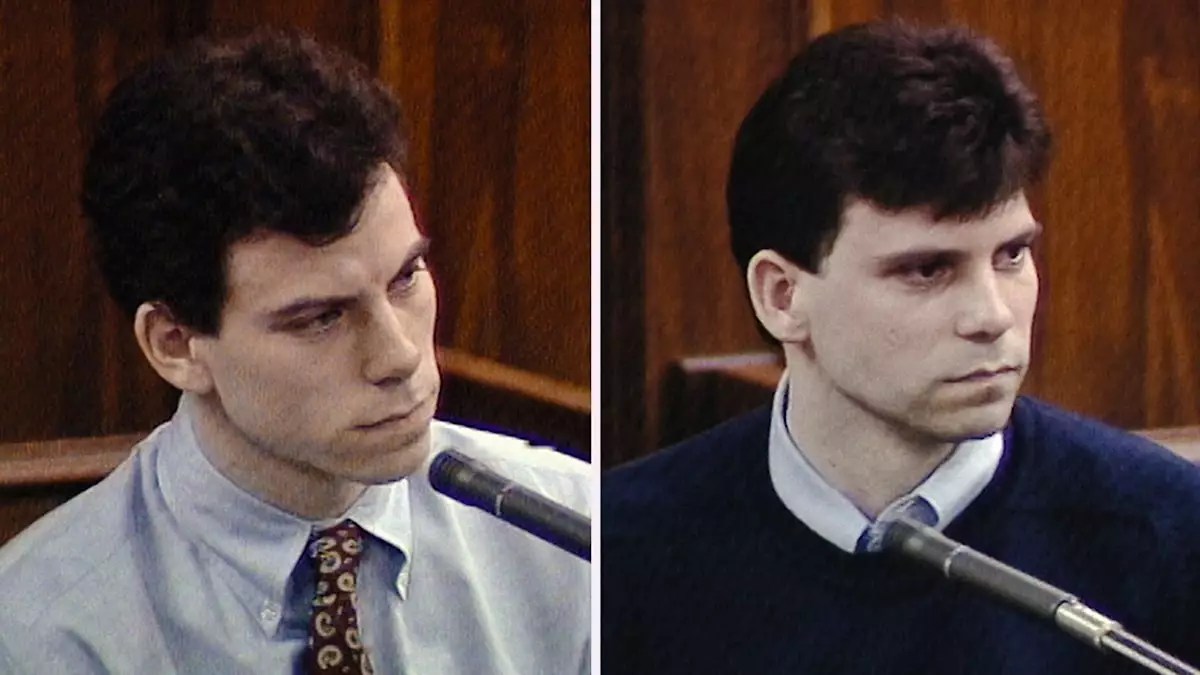For over three decades, the case of Lyle and Erik Menendez has been a focal point in discussions surrounding crime, punishment, and the complexities of familial relationships. In 1989, the murder of their parents, José and Kitty Menendez, shocked the nation and the subsequent trials delivered a mix of sensationalism and prosecution. However, the narrative surrounding the brothers has begun to shift dramatically in recent years. Following the release of a popular Netflix series and renewed media interest, family members are now voicing their support for Lyle and Erik, calling for their release and a reevaluation of the circumstances surrounding their convictions.
Their unconditional support comes from immediate family members, who argue that the public perception of the brothers does not reflect the truth of their situation. With an increasing understanding of issues such as trauma, mental health, and the impacts of childhood abuse, there are growing calls to revisit not just the case but also the broader implications of such systemic failures within the justice system. It is vital to reflect on how much the societal lens through which we analyze such cases has evolved, moving towards a more empathetic approach.
A recent press conference in Los Angeles highlighted this evolving narrative, as around twenty family members of José Menendez gathered to demand justice for Lyle and Erik. Spearheaded by their attorney, Mark Geragos, the family underscored the importance of acknowledging the brothers as victims of an abusive environment, rather than simply viewing them as perpetrators of heinous acts. Ana María Beralt, José’s niece, passionately articulated this perspective, emphasizing that both Lyle and Erik have faced an enduring struggle for recognition and understanding in the wake of their parents’ deaths.
Ana María’s heartfelt speech presented a compelling case for reevaluating not just the legal circumstances of the boys during their trials but also the societal context in which their narrative was constructed. She contended that, had their case been presented in today’s climate—where conversations around trauma and abuse are more nuanced—the outcome would likely differ vastly. By shedding light on the emotional burden endured by the brothers, she reinforced the idea that prolonged incarceration serves no rehabilitative purpose.
Messages of hope and healing have seemed to resonate strongly among family members and supporters who advocate for the Menendez brothers. The notion that Lyle and Erik have not succumbed to despair, but rather pursued lives dedicated to personal growth, serves as a powerful testament to their resilience. Rather than being relegated to the label of “cold-blooded killers,” they have sought to inspire and aid others in similar situations, demonstrating a level of maturity that belies their initial actions.
In her statement, Ana María referenced her mother’s sentiments, noting that numerous letters from law enforcement supervisors attested to the tremendous strides made by the brothers during their time behind bars. Such endorsements challenge the very foundation of their sentences, suggesting that society may owe them restitution and a chance at redemption, not further punishment. The overarching narrative pushes for a justice system that prioritizes rehabilitation rather than retribution.
With increased advocacy for a reconsideration of their sentences, the Menendez family hopes to see a united front in the reevaluation of Lyle and Erik’s plight. This reflects a growing acknowledgment that justice must account for the entirety of a person’s story, including the nuances of mental health and the realities of abusive environments. As calls for freedom grow louder, one can only wonder if the legal system will rise to meet the evolving moral and ethical standards that define today’s society.
The quest for justice is as much about reflection as it is about action. Though the Menendez brothers have faced immense pain and loss, their family’s commitment to seeking a new beginning signifies a shared journey toward healing. Whether or not this will culminate in their release remains uncertain, but with the support of loved ones, there lies a breath of hope for a fresh start—one that honors their past while paving the way for a renewed future.


Leave a Reply